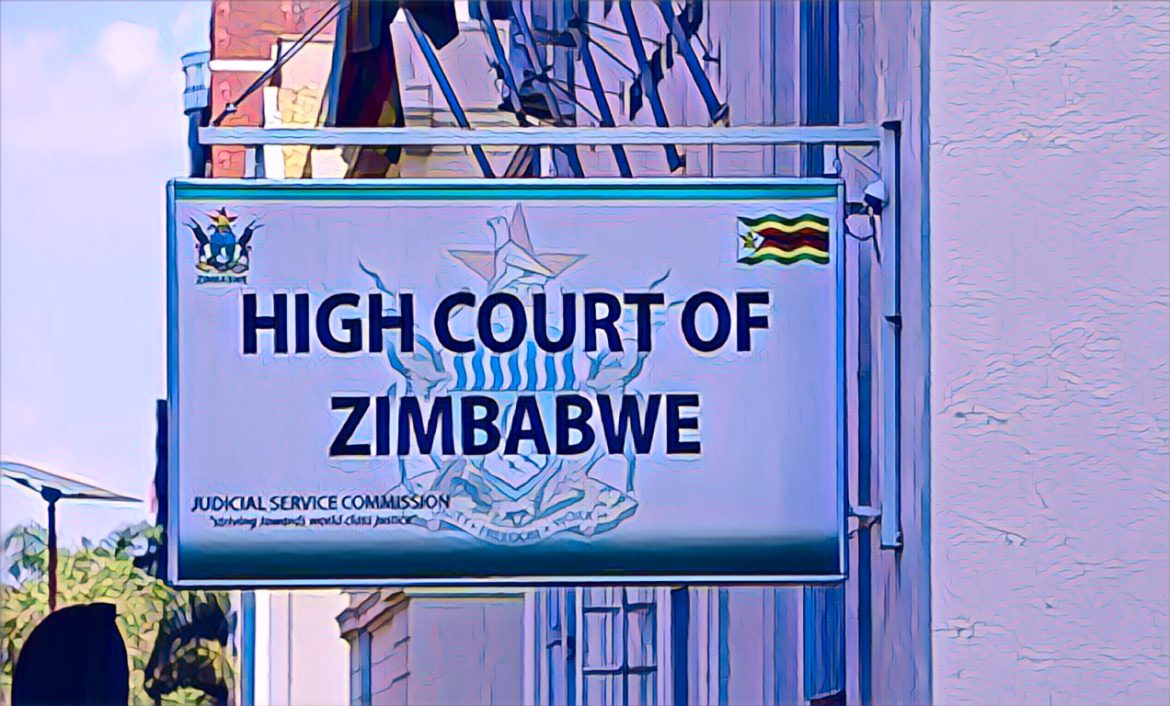KEY POINTS
- The court grants the Powertel request in the arbitration dispute.
- The judge rules the process did not prejudice Dandemutande.
- The Commercial Arbitration Centre is to appoint the final arbitrator.
The High Court has ruled in favor of Powertel Communications in its long-running contractual dispute with Dandemutande Investments, granting an application for the appointment of an arbitrator after years of stalled negotiations.
The case stems from a 2010 Internet Capacity Purchase Agreement between the two companies, which collapsed in 2017 when Powertel terminated the deal. Attempts to resolve the matter through arbitration faltered repeatedly, with the first appointed arbitrator stepping down and subsequent procedural disagreements stalling progress.
Court appoints arbitrator in Powertel dispute
Powertel first sought arbitration in 2018, with retired judge Justice Vernanda Ziyambi appointed to hear the case. But the process fizzled after Dandemutande failed to file its claim, prompting the judge to withdraw due to other commitments.
In 2023, Powertel approached the Commercial Arbitration Centre, leading to the appointment of arbitrator Whatman. Dandemutande objected, arguing the selection breached their contract, and the proceedings were terminated by consent. Powertel then escalated the matter to the High Court, citing the parties’ inability to agree on a replacement.
Judge dismisses preliminary objections
Dandemutande argued that Powertel’s claim had expired under the Prescription Act, but Justice Maxwell Takuva dismissed the objection.
Also, he clarified that the court’s role was limited to appointing an arbitrator, not deciding the underlying debt dispute.
Justice Takuva emphasized that the Commercial Arbitration Centre was a recognized dispute resolution body in Zimbabwe and that the appointment procedure did not disadvantage Dandemutande, as Powertel had not proposed a specific arbitrator.
Arbitration dispute resolution to move forward
The ruling confirmed that the original contract required disputes to be handled by a three-member arbitration panel—one chosen by each side and a jointly selected chair.
Moreover, in cases where the two appointed arbitrators cannot agree on a chair, the Commercial Arbitration Centre’s head has the authority to decide.
With preliminary issues dismissed, the court ordered the chairman of the Commercial Arbitration Centre in Harare to appoint a suitable arbitrator to preside over the case. The decision clears the way for the dispute—centered on an alleged unpaid debt—to finally be heard after more than seven years of delays.


